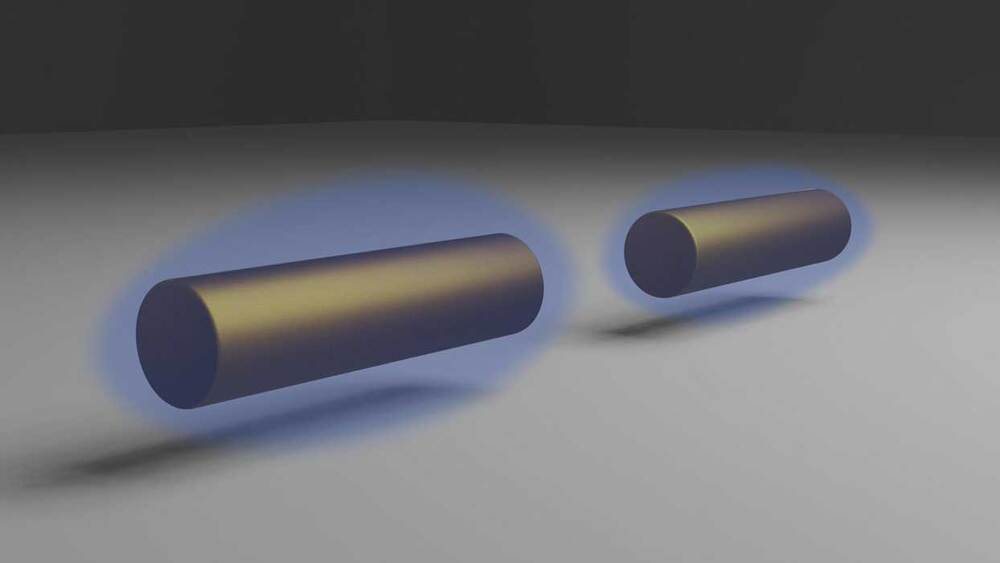How do molecular catalysts—molecules which, like enzymes, can trigger or accelerate certain chemical reactions—function, and what effects do they have? A team of chemists at the University of Oldenburg has come closer to the answers using a model molecule that functions like a molecular nanobattery. It consists of several titanium centers linked to each other by a single layer of interconnected carbon and nitrogen atoms. The seven-member research team recently published its findings, which combine the results of three multi-year Ph.D. research projects, in ChemPhysChem. The physical chemistry and chemical physics journal featured the basic research from Oldenburg on its cover.
To gain a better understanding of how the molecule works, the researchers, headed by first authors Dr. Aleksandra Markovic and Luca Gerhards and corresponding author Prof. Dr. Gunther Wittstock, performed electrochemical and spectroscopic experiments and used the university’s high-performance computing cluster for their calculations. Wittstock sees the publication of the paper as a “success story” for both the Research Training Groups within which the Ph.D. projects were conducted and for the university’s computing cluster. “Without the high-performance computing infrastructure, we would not have been able to perform the extensive calculations required to decipher the behavior of the molecule,” says Wittstock. “This underlines the importance of such computing clusters for current research.”
In the paper, the authors present the results of their analysis of a molecular structure, the prototype for which was the result of an unexpected chemical reaction first reported by the University of Oldenburg’s Chemistry Department in 2006. It is a highly complex molecular structure in which three titanium centers (commonly referred to in high school lessons as titanium ions) are connected to each other by a bridging ligand consisting of carbon and nitrogen. Such a compound would be expected to be able to accept and release several electrons through the exchange of electrons between the metal centers among other reasons.






